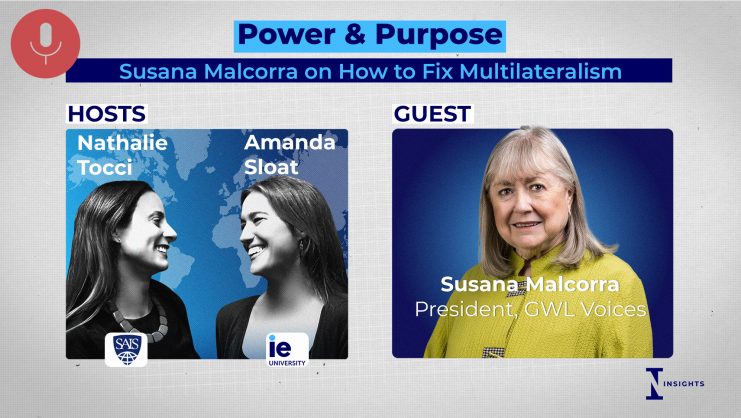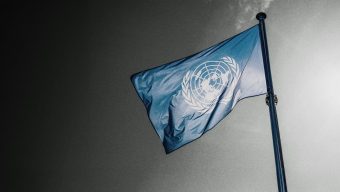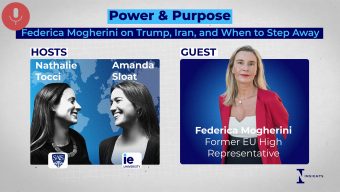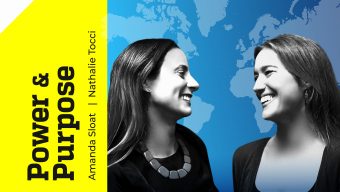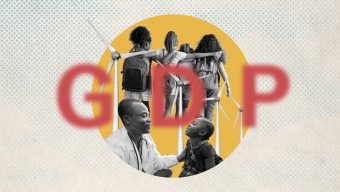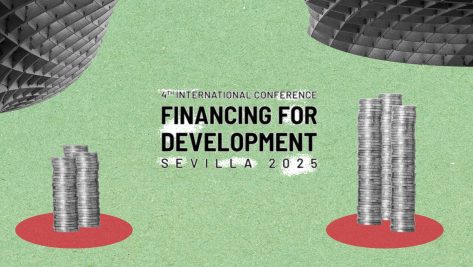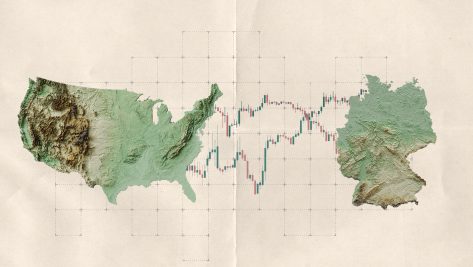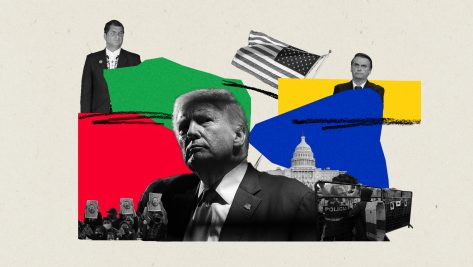A Defining Moment for EU-Africa Relations
The EU-Africa Partnership faces new challenges as Africa diversifies its alliances. Annie Mutamba examines if and how Europe can regain priority with its southern neighbor.
© IE Insights.
Transcription
The EU’s closest partner is indeed Africa. This relationship started, as we all know, way, way, way back but the partnership itself is pretty young. Partnership as in really having African and European heads of states sitting at the same table talking about and discussing issues of common interest. This started 25 years ago, and that’s when the EU-Africa Partnership was born. Before that, Africa was not even on the map. It was a forgotten continent, that’s basically how it was labeled back in the day.
Basically, 25 years ago, the partnership started. And then five years ago, when Ursula von der Leyen, who is the President of the European Commission, when she took office, literally three days after she took office she went straight to Addis Ababa, the capital of Ethiopia, which is also the seat of the African Union Commission.
And the message was very clear and very strong. “Africa is at the top of our agenda”. In the meantime, we had, as you know, the pandemic, the Russian invasion in Ukraine, and all other crises that the EU has to manage. And in the meantime, obviously Africa kind of shifted in terms of priority for Europe. I would say that Europe is no longer the main partner for Africa.
It’s no longer the priority partner because Africa, in the meantime, has been diversifying its partners. And it’s not necessarily a big issue for Europe. I mean, it is a challenge now, but it is also an opportunity to just show that we can remain your main trading partner, your main partner for security and your main partner for health, for education.
There’s plenty of opportunities there for Europe to really, well step up their game, in fact, when it comes to really understanding how Africa operates and how Africa is diverse. But before that, you have all these discussions about climate and especially climate finance. And this is going to be the topic, really, of Cop 29 in Azerbaijan.
And this is really, for Africa, it’s a key milestone in their dialog with Europe, where they want to see all these pledges really implemented and coming to life in terms of credibility, in terms of credibility of the partnership. There’s a lot of criticism, towards Europe, which is coming from Africans, but also from the Global South in general, let’s say, about Europe’s perceived double standards and double language, and kind of tone deaf attitude sometimes to what Africans want, and need. And this is really now an opportunity to revamp and really reshape that dialog and to really center on African needs.
There’s a proposal on the table from the EU, which is called the Global Gateway. It’s a big envelope of €300 billion for its partnerships with southern countries, let’s say, in the Global South. Half of it is dedicated to Africa. And this is supposed to be the counteroffer to whatever China is putting on the table. It will never match it, but it’s a counteroffer.
Why is it a counteroffer? Because it’s values based. And this is really how the EU labeled it. Right? Based on values, those EU values, as we’ve seen in the past two years, have been criticized, let’s say, in terms of how they’ve been implemented and really owned and truly embodied by European decision makers. The way obviously they have been managing international relations and international crises in the past three, four years since the pandemic in fact.
The Global South is going to remember the three years of the pandemic, when vaccines were being thrown into trash bins in developed countries and not being sent to their geographies.
Africa has been building and strengthening partnerships with other actors, most stories will talk about China, Russia, the US, of course, but there’s also Turkey, Canada, there’s so many we never think about, you know, what South Korea is actually doing across the African continent. But it’s a pretty big deal in the sector of electric vehicles, for example, or batteries.
There’s been talks and really close discussions with countries in Central Africa, namely in Congo or Cameroon or elsewhere. And this is another sign that Africa needs to diversify its partnerships to have a range of options. I think there’s a big opportunity for Europe to really upgrade their public diplomacy and start to go down from this state to state or EU-to-EU dialog and really talk to Africans themselves.
But before talking to them, they need to understand them. And it starts with monitoring and listening. It starts with understanding, really actively listening to what Africans want. In terms of climate action, for example. this partnership has to work. They have to work together. There’s no other way. In terms of health partnerships there are probably also a number of projects and things that need to happen. The EU is one of the partners, but not necessarily the top.



